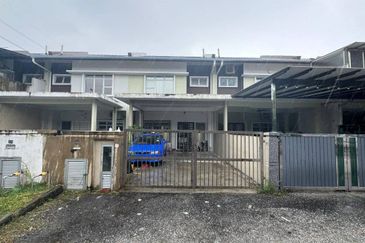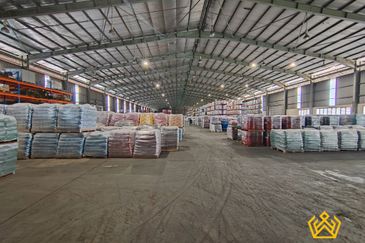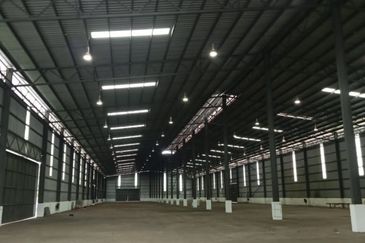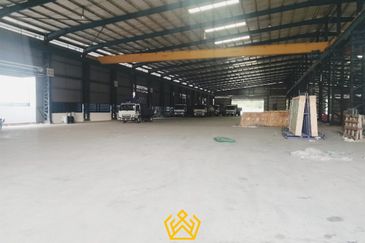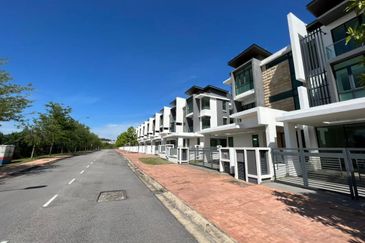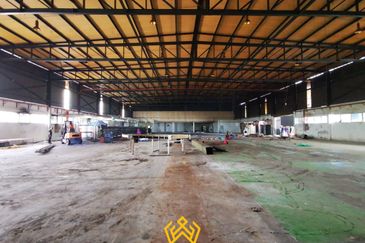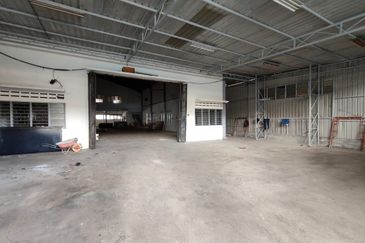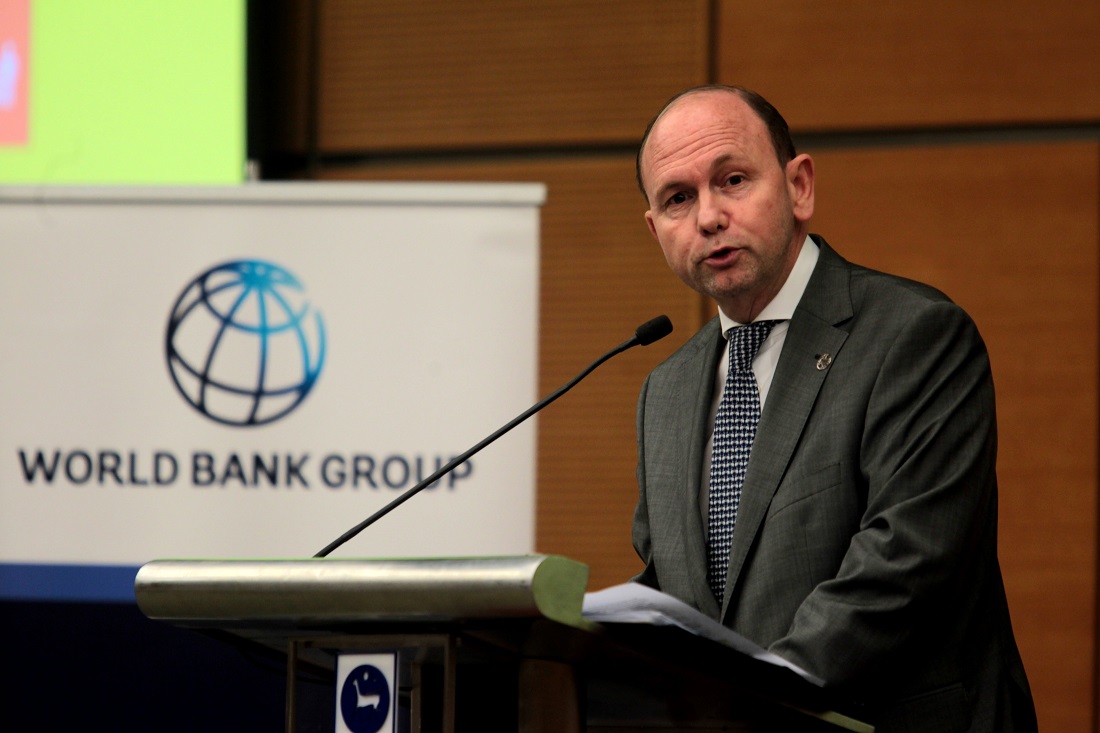
KUALA LUMPUR (Nov 6): The 2019 Budget's emphasis on addressing the stock of government debt and contingent liabilities is likely to narrow fiscal space and prevent public investment from driving economic activity as it did before, said the World Bank Group.
In this situation, it said, Malaysia would depend more on private consumption and investment to support economic growth in the next few years.
“This year's budget required a careful balancing act between safeguarding growth, sustaining private sector confidence, promoting fiscal responsibility, managing debt sustainability and protecting the vulnerable,” said World Bank Group Representative to Malaysia and Country Manager Dr Firas Raad.
He noted many encouraging directions in Malaysia's new budget.
These include efforts to strengthen good governance, fiscal responsibility and transparency; better targeting of cash transfers through the new Bantuan Sara Hidup Rakyat (Cost of Living Aid) programme and of fuel subsidies; and the focus on promoting education, skills and entrepreneurship.
“This latter priority is critical for Malaysia to compete and thrive in the new digital economy.
“As indicated by the global Human Capital Index recently launched by the World Bank, Malaysia’s human capital outcomes could be better for its development ambitions, particularly in relation to the quality of education in math and science,” he said in a statement titled “2019 Budget – A Balancing Act for the New Government” yesterday.
On taxation, Firas said the focus to include imported services within the scope of the Sales and Services Tax (SST), particularly those related to the digital economy, was a timely initiative and well-aligned with growing international practise.
However, he said, more could be done to further expand the scope of SST.
He described the move to make the taxation system more progressive by broadening the coverage of individuals and businesses paying income taxes, and increasing the real property gains tax and stamp duties on premium properties as "constructive measures”.
However, on debt sustainability, Firas noted the country would require prudent management of fiscal commitments over the short to medium term.
The fiscal management responsibilities include the development of an effective mechanism for targeting fuel subsidies.
“Malaysia will also need to bolster efforts to diversify fiscal revenues.
“An appreciable narrowing of consumption-based taxation in 2018-2019 and a greater dependence on less-stable oil revenues, could constrain fiscal adjustment measures in the future, particularly with unexpected declines in oil prices. It could also encourage the adoption of pro-cyclical fiscal policies,” said Firas.
Meanwhile, the government’s “it is not the business of government to be in business" policy direction would boost investor confidence and pro-competition economic reforms.
“While Malaysia's government-linked companies form an important part of the economy, some of their activities given their market dominance have distorted economic activity and prevented competition – with consumers ending up paying the price,” he explained.
Firas said if the heavy lifting of economic growth and job creation in the coming years would be shouldered by the private sector, the public sector getting out of the way was an important first step.
He added that Malaysia’s rise in the global Doing Business rankings to 15th place this year from 24th symbolised the country’s ambition to further enable private-led development and revealed its economic potential to become an Asian Tiger.
TOP PICKS BY EDGEPROP
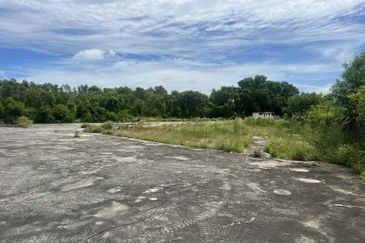
Pulau Indah Industrial Area
Pulau Indah (Pulau Lumut), Selangor
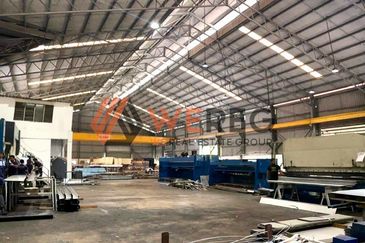
Taman Perindustrian Puchong
Puchong, Selangor

Taman Perindustrian Air Hitam Phase 1
Klang, Selangor



